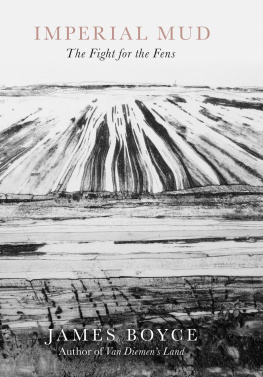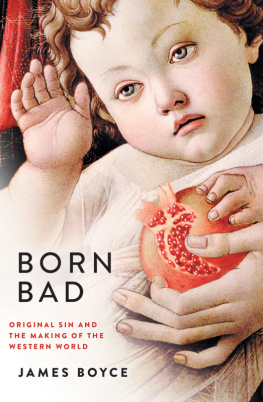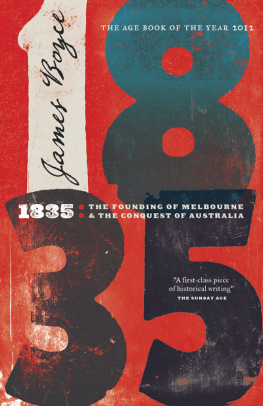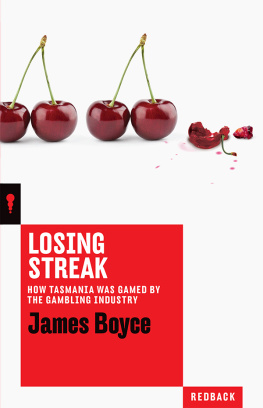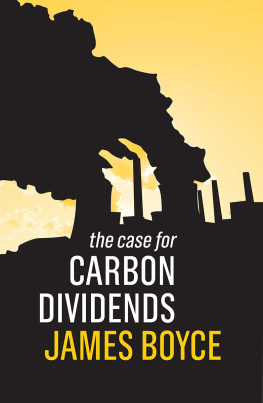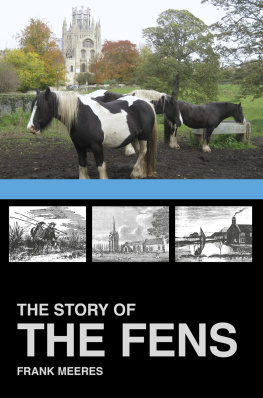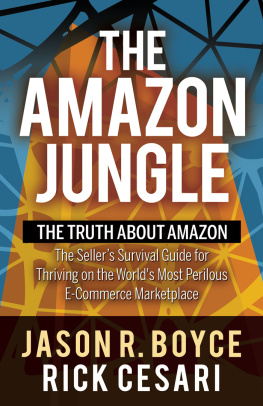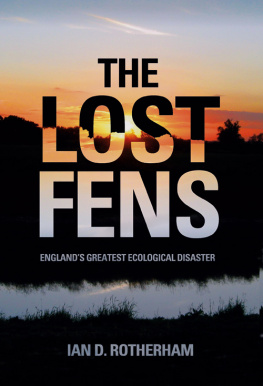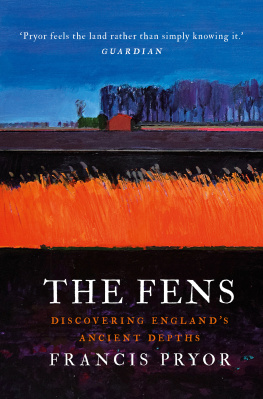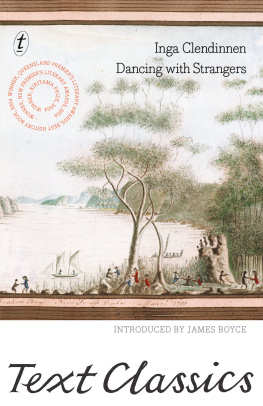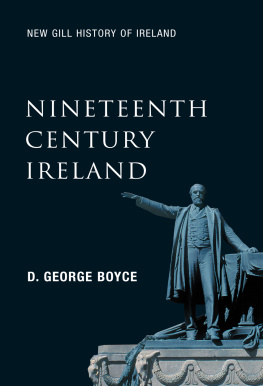James Boyce - Imperial Mud: The Fight for the Fens
Here you can read online James Boyce - Imperial Mud: The Fight for the Fens full text of the book (entire story) in english for free. Download pdf and epub, get meaning, cover and reviews about this ebook. year: 2020, publisher: Icon Books Ltd, genre: Religion. Description of the work, (preface) as well as reviews are available. Best literature library LitArk.com created for fans of good reading and offers a wide selection of genres:
Romance novel
Science fiction
Adventure
Detective
Science
History
Home and family
Prose
Art
Politics
Computer
Non-fiction
Religion
Business
Children
Humor
Choose a favorite category and find really read worthwhile books. Enjoy immersion in the world of imagination, feel the emotions of the characters or learn something new for yourself, make an fascinating discovery.
- Book:Imperial Mud: The Fight for the Fens
- Author:
- Publisher:Icon Books Ltd
- Genre:
- Year:2020
- Rating:5 / 5
- Favourites:Add to favourites
- Your mark:
- 100
- 1
- 2
- 3
- 4
- 5
Imperial Mud: The Fight for the Fens: summary, description and annotation
We offer to read an annotation, description, summary or preface (depends on what the author of the book "Imperial Mud: The Fight for the Fens" wrote himself). If you haven't found the necessary information about the book — write in the comments, we will try to find it.
Imperial Mud: The Fight for the Fens — read online for free the complete book (whole text) full work
Below is the text of the book, divided by pages. System saving the place of the last page read, allows you to conveniently read the book "Imperial Mud: The Fight for the Fens" online for free, without having to search again every time where you left off. Put a bookmark, and you can go to the page where you finished reading at any time.
Font size:
Interval:
Bookmark:
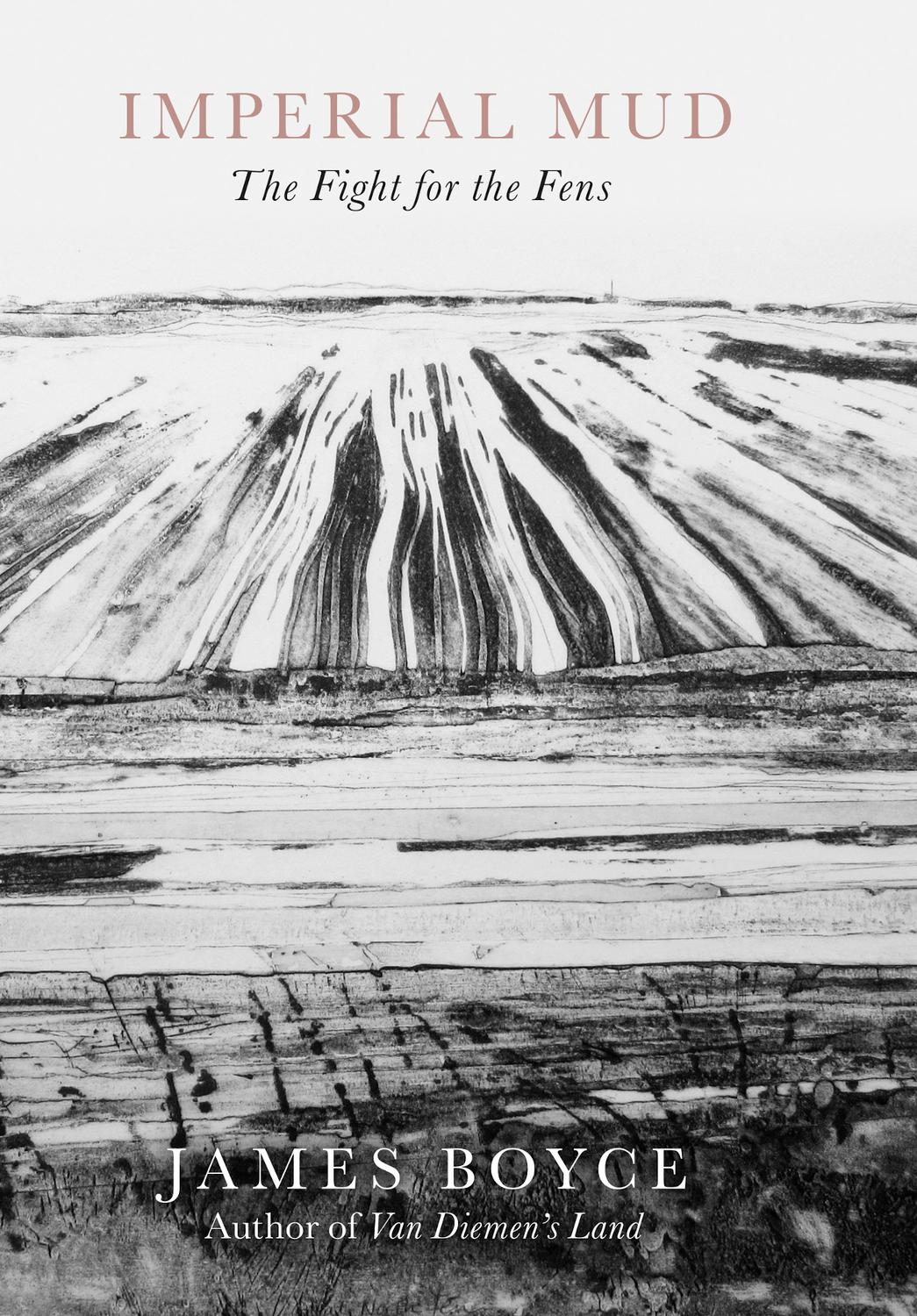
The most significant colonial history since The Fatal Shore. In re-imagining Australias past, it invents a new future.
Richard Flanagan
A revisionist version of Tasmanias past, Van Diemens Land by James Boyce moves away from the usual history of genocide to examine the phenomenon of a white underclass taking on Aboriginal ways of living an unusual version of a familiar tale.
The Observer, Best Books of the Year, 2008
Tasmania is only a short flight from where I live, but I have never been there. Now I will go, because its grasslands, mountains, bays and islands have become real to me, each territory with its own history and bearing the subtle scars of its particular past.
Inga Clendinnen, London Review of Books
A fresh and sparkling account
Henry Reynolds, The Age
Boyces Van Diemens Land is a triumph
The Sydney Morning Herald
[A] remarkable work
The Canberra Times
[P]assionate and comprehensive
Australian Book Review
iiBoyces strength lies in discerning missed possibilities historys roads not taken It is a book of eloquent scholarship and with momentous implications for our understanding of Australian history.
Judges comments, The Age Book of the Year, 2012
A first class piece of historical writing. Boyce is a graceful and robust stylist and a fine storyteller.
The Sunday Age
Brilliantly researched and elegantly presented Boyce has given us a remarkable insight into the way the land that was used by Indigenous peoples became reinscribed as white property, and how the authorities would use force to defend it as such.
Arena
An eloquent and thought-provoking book.
Australian Book Review
iiiAmbitious, thought-provoking an easy read on an ignored but central and timely topic.
The Tablet
This is an exceptional, highly recommended work, innovative and creative in surprising ways.
Publishers Weekly, starred review, April 2015
James Boyce has written a brilliant and exhilarating work of popular scholarship. I pencil vertical lines in the margins of the books I read whenever a sentence or paragraph seems especially striking. My copy of Born Bad carries such scribbles on every other page.
Michael Dirda, Washington Post
Boyce covers a lot of ground and explores a number of authors in this wide-ranging treatment, and the result is impressive. Readable and comprehensive Boyce successfully illustrates the ability of original sin to dominate Western culture for nearly two millennia.
Kirkus, April 2015
An imaginative and utterly unpredictable book. Alleluia
The Australian
James Boyce is the best kind of historian of ideas. He does not reduce the complexity of his ideas to a few easy lessons [Here] is an unblinking regard for the efforts the human race has made to understand itself.
The Age iv
xi
To William:
Whose ancestors made home in the Fens.
- viii
James Boyce is a multi-award-winning Australian historian. His first book, Van Diemens Land, was described by Richard Flanagan as the most significant colonial history since The Fatal Shore. 1835: The Founding of Melbourne and the Conquest of Australia was The Ages Book of the Year, while Born Bad: Original Sin and the Making of the Western World was hailed by The Washington Post as an exhilarating work of popular scholarship. x
xiv
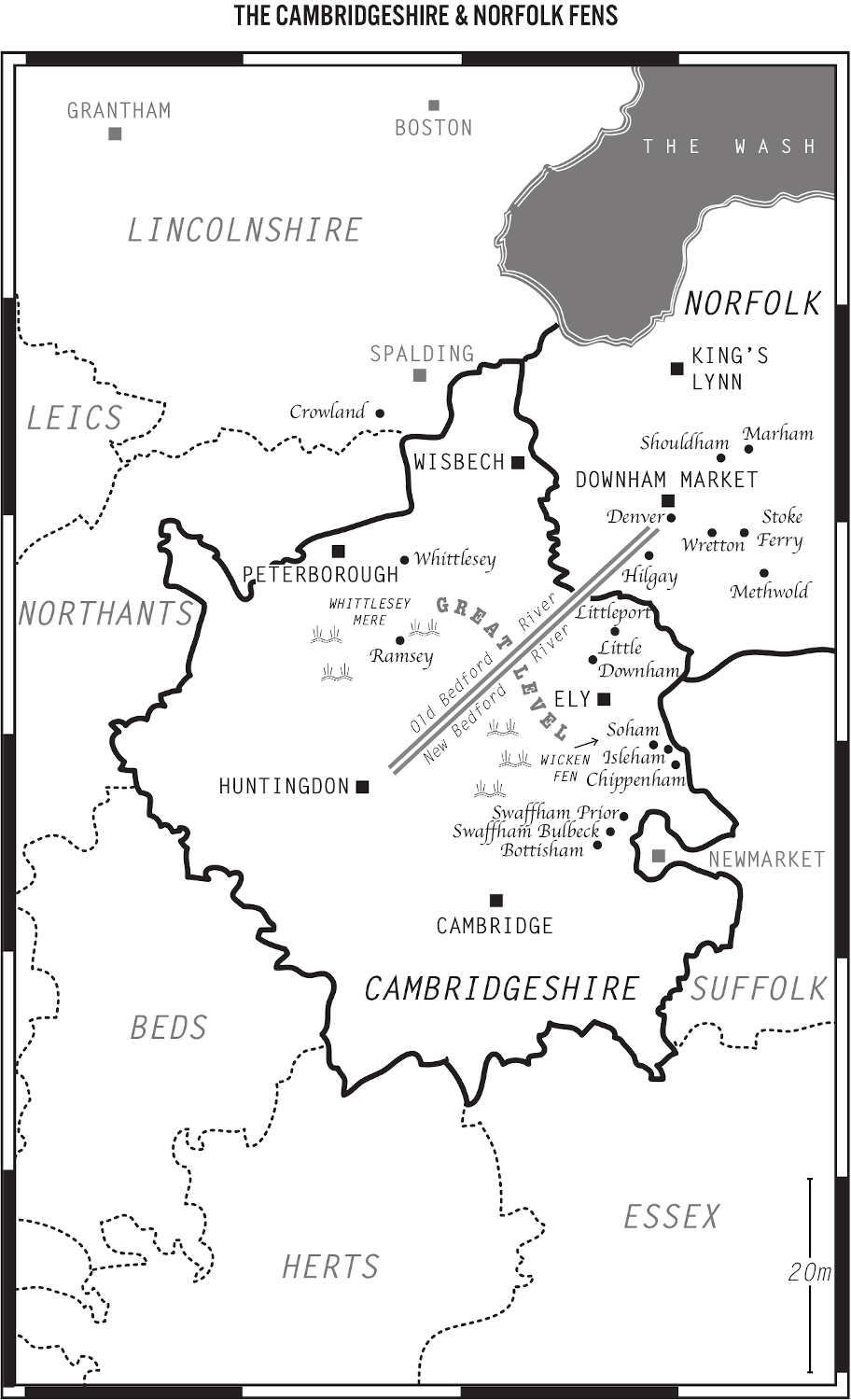 xv
xv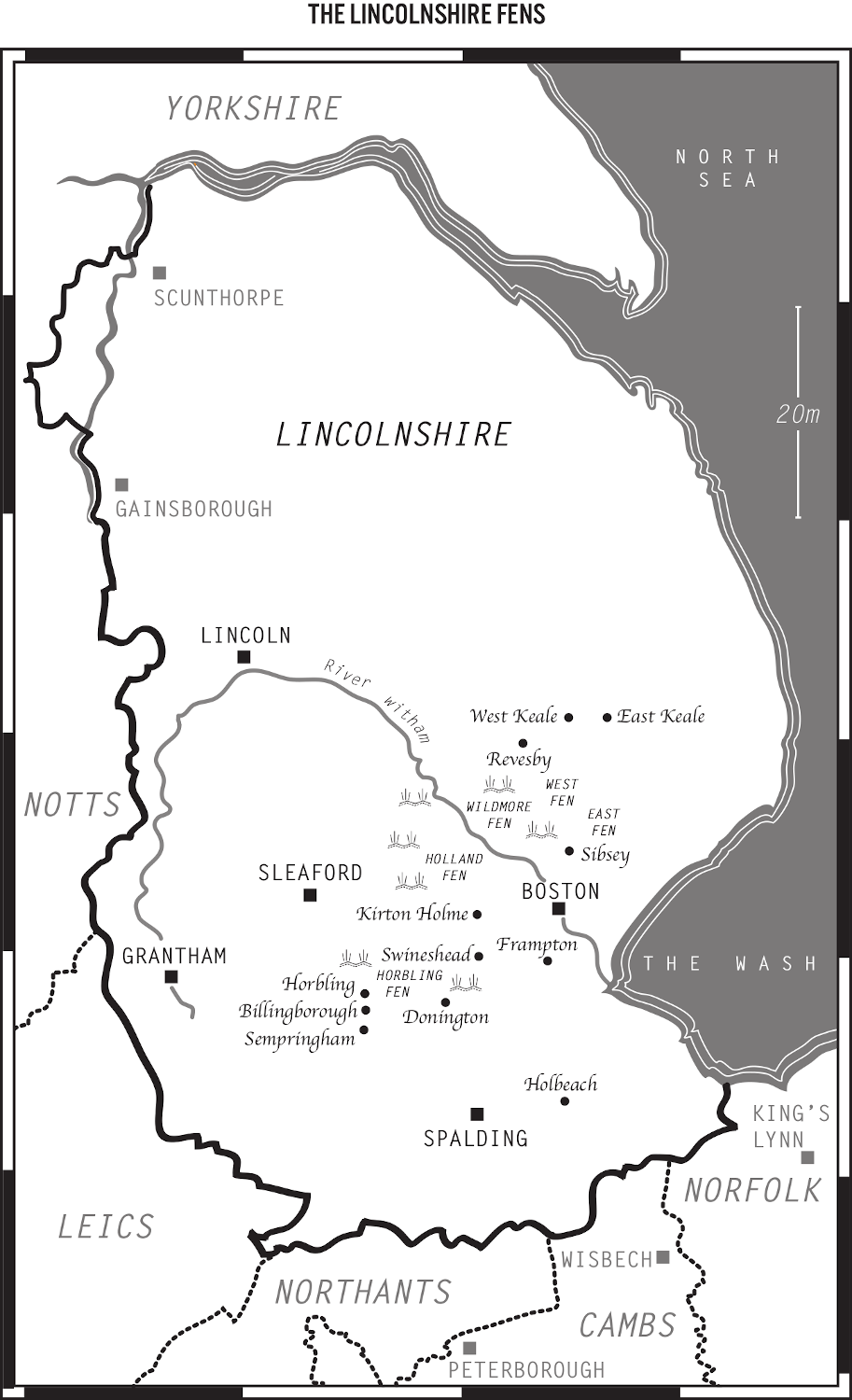 xvi
xvi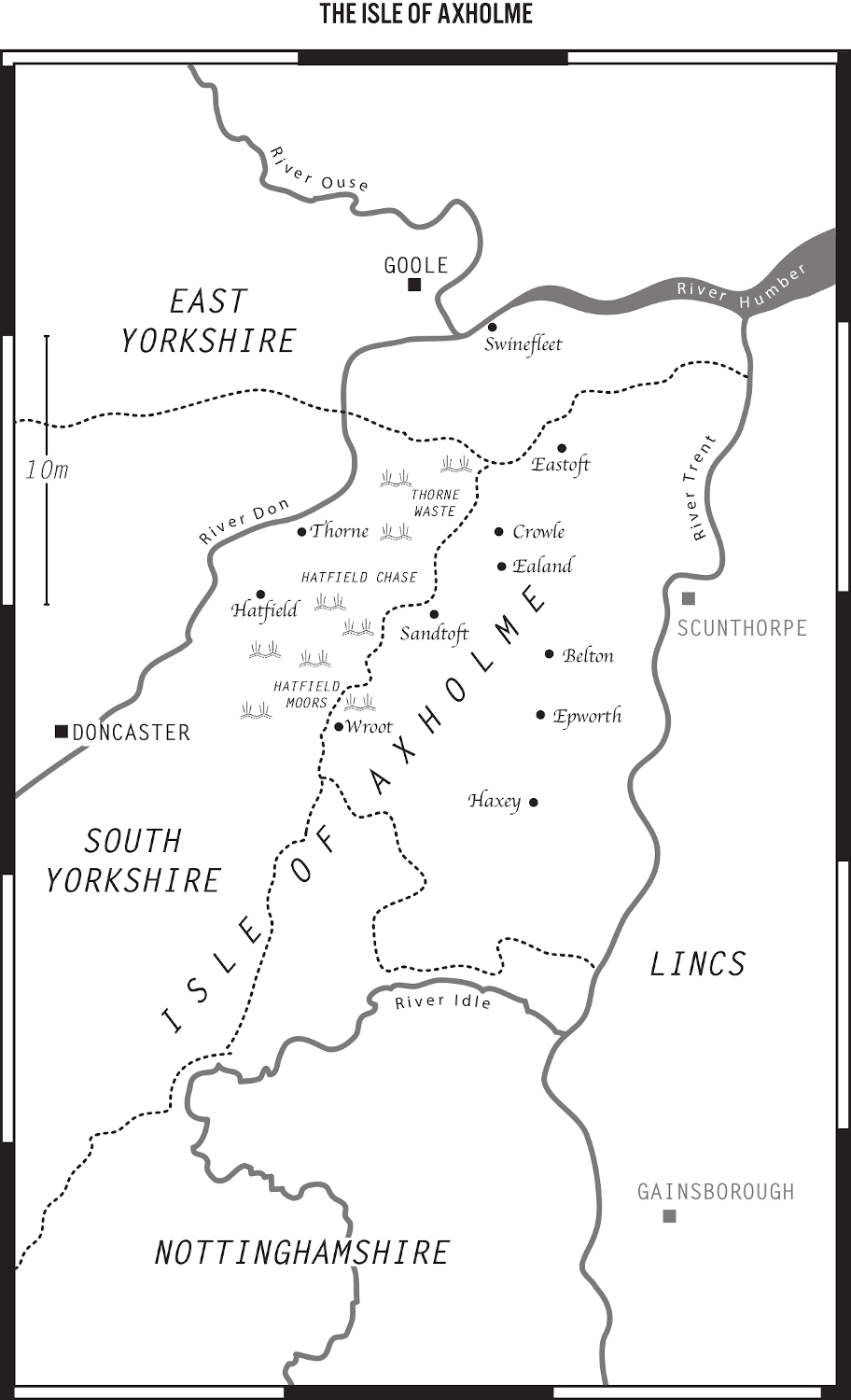
THE FENS AND THE FENNISH
I t is appropriate that there is no precise border for what constitutes the Fens, given that the creeks, rivers and waterways that framed the near-vanished wetlands of eastern England were themselves an ever-changing phenomenon. But even today the people who live around places such as Ely, Wisbech, Kings Lynn, Spalding and Boston share a regional identity. Some live in Cambridgeshire, others in Lincolnshire and Norfolk; some reside adjacent to the Wash where the soil is silt, others on the famously rich peat inland; but all have made home in the Fens. The nomenclature is less clear for the wetland of northern Lincolnshire and East and South Yorkshire, where the rivers Ouse and Trent used to meander into marsh as they met the Humber. These northern fens, especially the country around the Isle of Axholme, shared a common history with the southern fens once the move to drain them commenced, and so I have followed the recent example of Ian Rotherham and Eric Ash, and included the celebrated Isle in this book. xviii
While people from the Fens shared a regional identity, there is wide divergence of practice in how to describe them. A twelfth-century chronicler of Ely mentions the Gyrwe, who were all the southern Angles that inhabit the great marsh. William Camden in Britannia (1586) said those that inhabit the fennish country were even in the Saxon times called Girvij, that is Fen-men or Fen-dwellers. Samuel Pepys and Thomas Macaulay opted for breedlings; Thomas Fuller and W.H. Wheeler for slodgers. The term fen tiger (from the Welsh word tioga for peasant) recurs but is most often used only for resistance fighters. Fenmen was widely employed in the nineteenth and twentieth centuries but presumably in response to its now obvious limitations, Eric Ash has opted for the rarely used fenlanders. This is preferable to the cumbersome people from the Fens, but while it describes the geographical identity, it doesnt describe the distinctive way of life that emerged in the wetlands. Impertinently, I have therefore created the term Fennish. I do so provisionally, respecting that the people of the Fens, like us all, have always enjoyed a variety of identities, including those based on nation, county, manor, parish and village. While it was accepted that they were different from the surrounding uplanders, like most pre-industrial peoples, the Fennish primarily identified with their local community. As with indigenous people in colonised countries, a sense of unity was strengthened once the process of dispossession began. Resisting imperialism helped create a shared identity for diverse groups of Native Americans and Aboriginal Australians as it did for the people of the Fens. xix
Whatever name is preferred, while those who lived in the Fens from the time of the wetlands formation to the time of its destruction remain without a name, the continuity of their culture will be obscured. It is a nostalgic myth of modernity that the culture of real indigenous people was fixed in prehistoric time. All cultures undergo times of upheaval as well as long periods of evolution. What characterises an indigenous culture is neither its uniformity nor immutability, but that it remains rooted in country as it experiences continuity
Font size:
Interval:
Bookmark:
Similar books «Imperial Mud: The Fight for the Fens»
Look at similar books to Imperial Mud: The Fight for the Fens. We have selected literature similar in name and meaning in the hope of providing readers with more options to find new, interesting, not yet read works.
Discussion, reviews of the book Imperial Mud: The Fight for the Fens and just readers' own opinions. Leave your comments, write what you think about the work, its meaning or the main characters. Specify what exactly you liked and what you didn't like, and why you think so.

